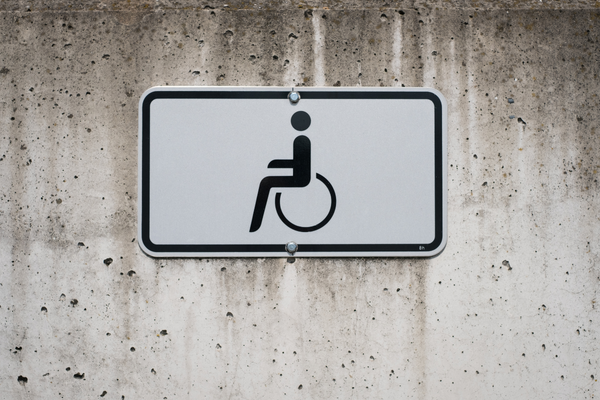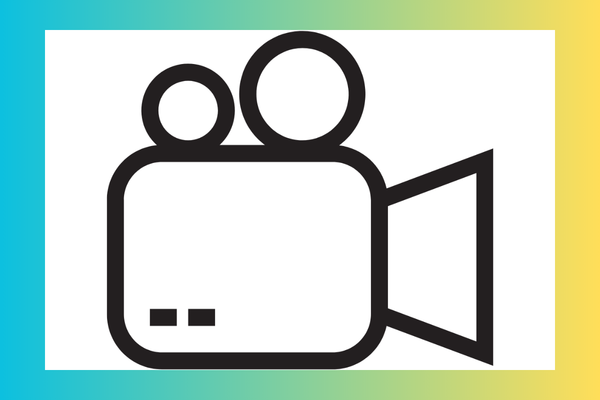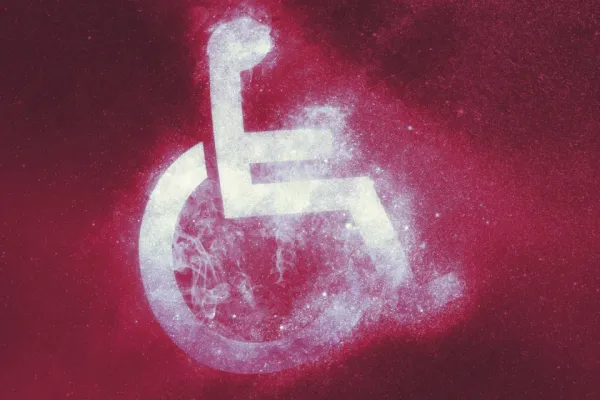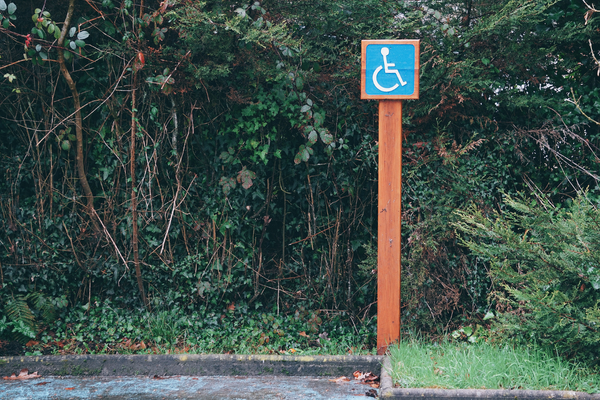1/13/25 - L.A. Fires
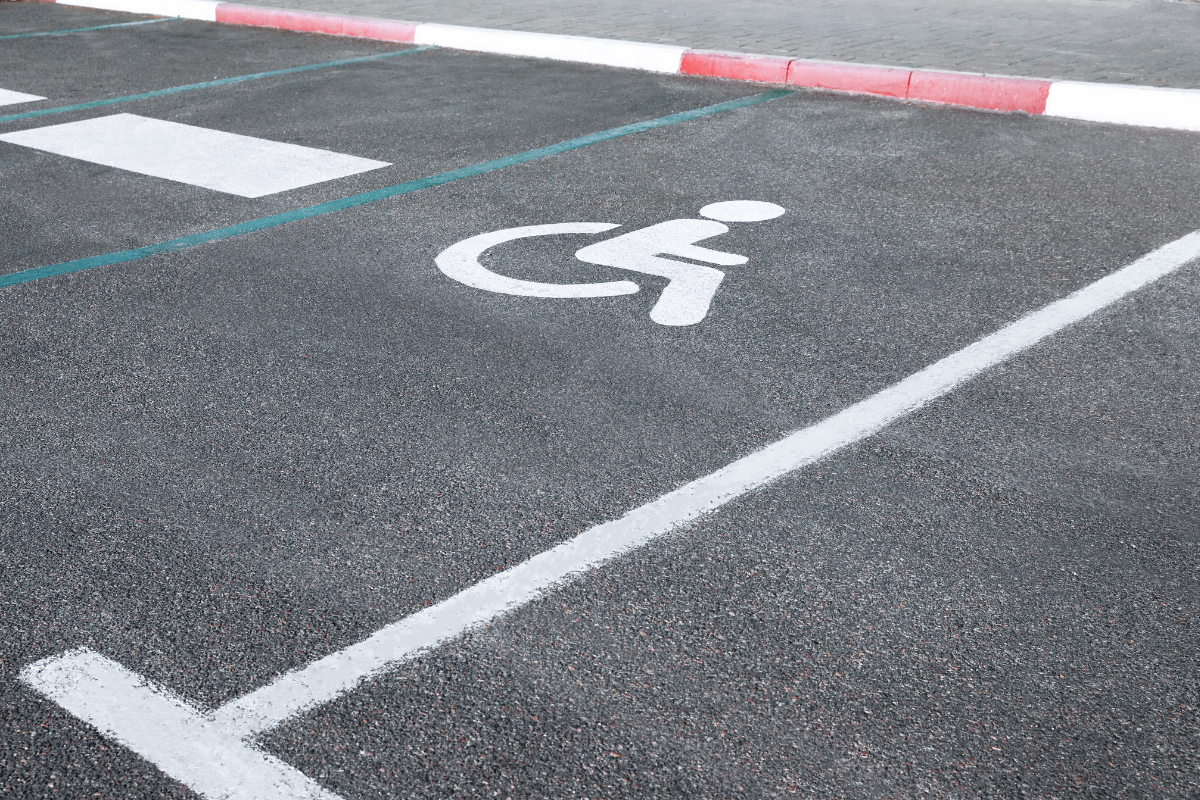

Altadena family says disabled father and son were left to burn: ‘Nobody was coming’
Sonja Sharp, Lost Angeles Times - January 10, 2025
"'What hurts the most is that our state didn’t prepare for this at all,' Mitchell said. Officials have known for years that disabled Californians are disproportionately likely to die in wildfires. The state released a scathing audit in 2019 detailing how emergency management agencies and other first responders were unprepared for the threat."
Fleeing the LA fires alone on a wheelchair: ‘I had to take my chances’
Sam Levin, The Guardian - January 10, 2025
"The Buckwalters’ ordeal, the couple said, was a stark reminder of how people with disabilities are left behind in disasters. 'We have no system in place. When you’re disabled, you and your people are on your own,' said Galen, a research psychologist who has been using a wheelchair since age 16 after an accident. 'In emergencies, disabled people are the last to get services. The conversation needs to at least be inclusive of how to integrate people with a broader range of needs into the planning.'"
Disability Disaster Access & Resources
California Foundation for Independent Living Centers
Widespread community emergencies and disasters affect everyone. They also continue to remind us that despite substantial progress on a number of fronts of the last few decades, disabled people are still among the most vulnerable people in any society.
Safety, security, and just plain public caring break down for us very quickly when the whole community is threatened. We are usually among the first to be left behind, written off, or just vaguely forgotten – if not first, then pretty close to it. It's a lesson we learned in dozens of ways during the height of the COVID pandemic. The L.A. wildfires are just another example – alongside scores of seasonal hurricanes, blizzards, heat waves, and mass shootings we have all seen in our lifetimes, and once-in-a-century storms like Hurricane Katrina in New Orleans.
Disaster preparedness and response specifically for disabled people is an increasingly important branch of the larger disability rights and disability justice movements. It's something I feel I don't know nearly enough about. For one thing, figuring out which organizations are truly on disabled peoples' side and effective at advocating for us and delivering aid to us is very difficult and confusing. Aid organization and agency all say they are inclusive and accessible. But that can't really be true. Failures that specifically harm disabled people abound ... many of them totally unnecessary. Disaster preparedness does not serve disabled people well. This isn't something we suspect is true. Disabled people who try to find and use disaster aid confirm this.
For now, these three articles offer updates on what's happening to disabled people in Los Angeles. And they once again suggest changes in perception and practice we probably should be working on all the time – not just when windblown fires threaten a major city.
